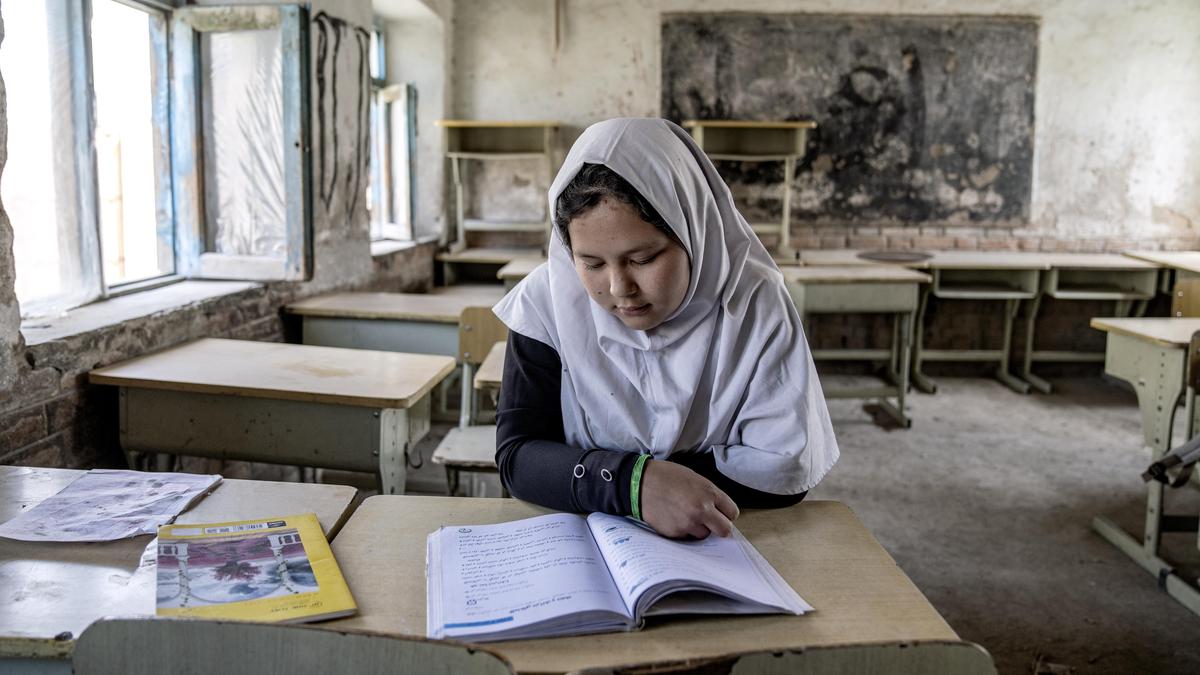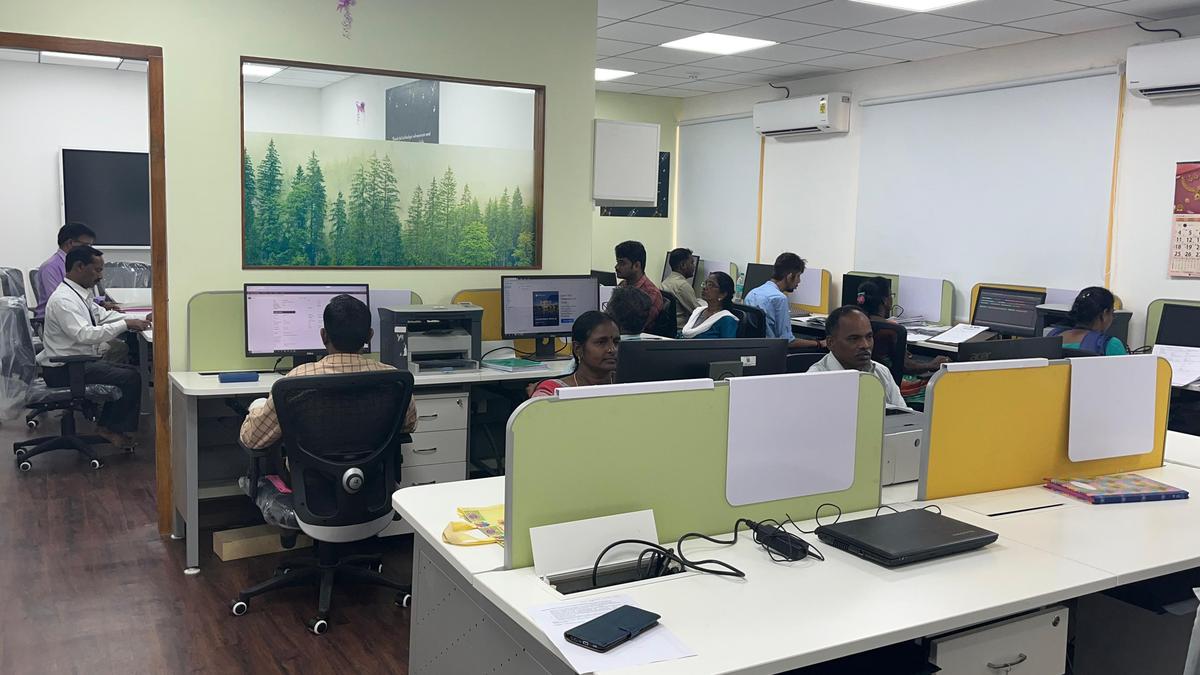Why maternal deaths are rising in Afghanistan

Afghan women are giving birth without skilled support, and maternal deaths, which could have been prevented, are on the rise, says a correspondence by three clinicians in the latest edition of TheLancet, which also explains the cause. “Afghanistan today faces a maternal health crisis that is as much political as it is medical. When girls are banned from studying beyond grade 6, nursing and midwifery schools are shuttered, and female health workers are restricted in their ability to work, the results are tragically predictable.”
Shutting down female education and employment in healthcare is a decision with “fatal consequences” in Afghanistan, “where cultural norms already restrict women from being treated by male doctors,” say the authors, who include, Amina Nasari, CUNY School of Medicine, New York. The inaccessibility to emergency obstetric care could lead to fatal haemorrhages, eclampsia, sepsis, and obstructed labour.

Fragile health system
In 2024, the Humanitarian Needs and Response Plan estimated that 17.9 million people in Afghanistan required health assistance that year; the country has “a fragile and under-resourced healthcare system, fraught by unequal access to services, ongoing communicable disease breaks, critical unmet maternal and child health needs, high rates of malnutrition, and significant morbidity and mortality rates as result”, says a United Nations High Commission for Refugees (UNHCR) report.
It adds that UNICEF has reported Afghanistan “having one of the world’s highest maternal mortality rates with 638 mothers dying for every 100,000 births, exacerbated by acute shortages of qualified birth attendants in the country.”
Minimal ante-natal care
There is much to be done for antenatal care too in Afghanistan. For instance, no more than 6.2% of women received good-quality antenatal care, according to a paper published in BMC Pregnancy and Childbirth in January 2025.
TheLancet correspondence references the 2022–23 Afghanistan Multiple Indicator Cluster Survey, which found that only 36·3% of mothers received a postnatal check within two days of delivery. “In December, 2024, Afghanistan’s authorities banned women from higher education in health sciences, including nursing and midwifery. This decision cut off one of the last viable pathways to train skilled female providers who are essential to maternal and newborn survival,” say the authors: clinics have closed; female-only outreach teams suspended; and humanitarian agencies have stopped maternal and newborn services when barred from deploying female staff.
Earlier this year, another correspondence in The Lancet, the authors, including Prof. Nasari, said that according to UNICEF, the ban on secondary education for girls alone cost the Afghan economy at least $500 million in 2022. “Allowing the 3 million girls from that year’s cohort to complete secondary education could have contributed $5·4 billion to the economy. The decision also undermines an already fragile health-care system by blocking one of the few remaining paths for women to contribute to health care.”

Four strategies
The latest correspondence offers four strategies to overcome these attacks on maternal health: First, lift the bans on women’s work and education, specifically midwifery and nursing; second, “the existing female health workforce must be protected and expanded and midwifery schools should be reopened without delay”; third, “donors must make women-only services non-negotiable.” And fourth, “data must drive decision making… Numbers, not anecdotes, will strengthen advocacy and help target resources.”
The lack of health-care access “translates to a surge in home births without the presence of trained professionals, no access to emergency interventions when complications arise, and a tragic increase in preventable maternal and neonatal deaths,” says the Lancet correspondence.
And now, Afghan women have lost “their last hope” as Taliban has shut down Internet, says a BBC report from September 2025.
“As clinicians, we must be clear: restricting female health workers is not tradition. It is a policy with a measurable death toll… let Afghan women train, work, and lead in health care and beyond. The health of mothers, the survival of newborns, and the wellbeing of entire communities depend on it… This is not just a health-care issue; it is a human rights crisis,” the authors conclude.
Published – November 07, 2025 06:00 am IST



